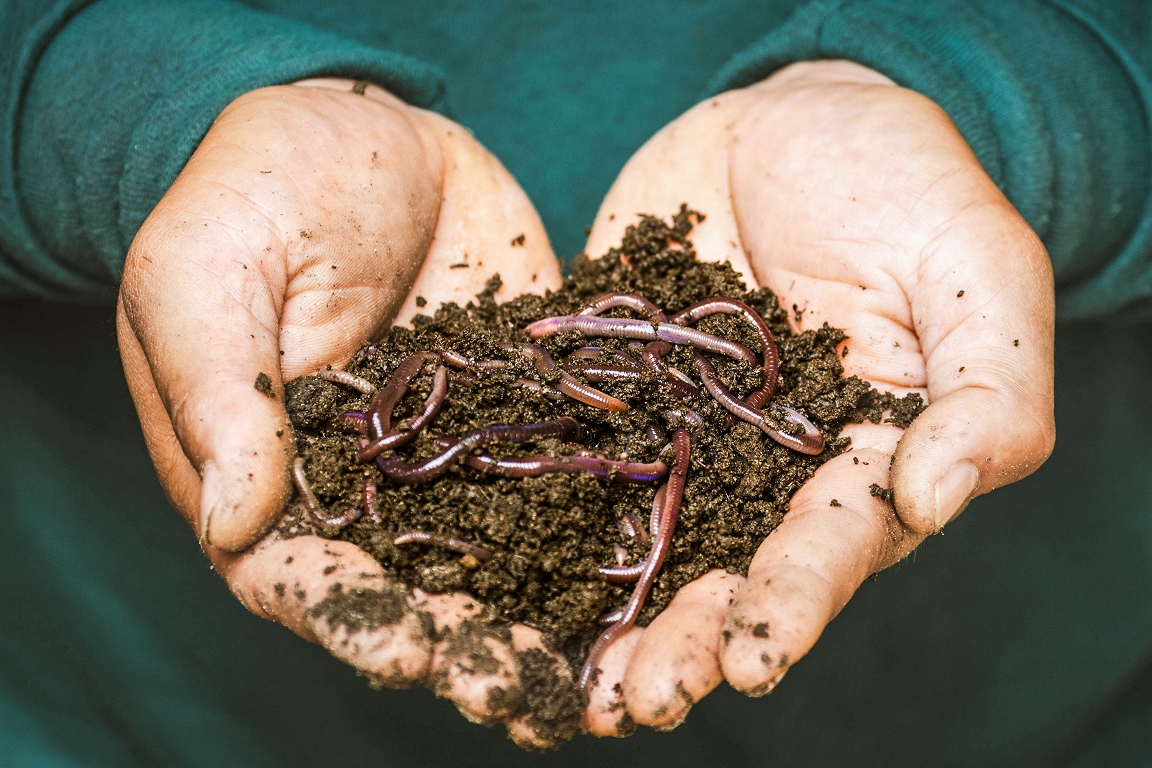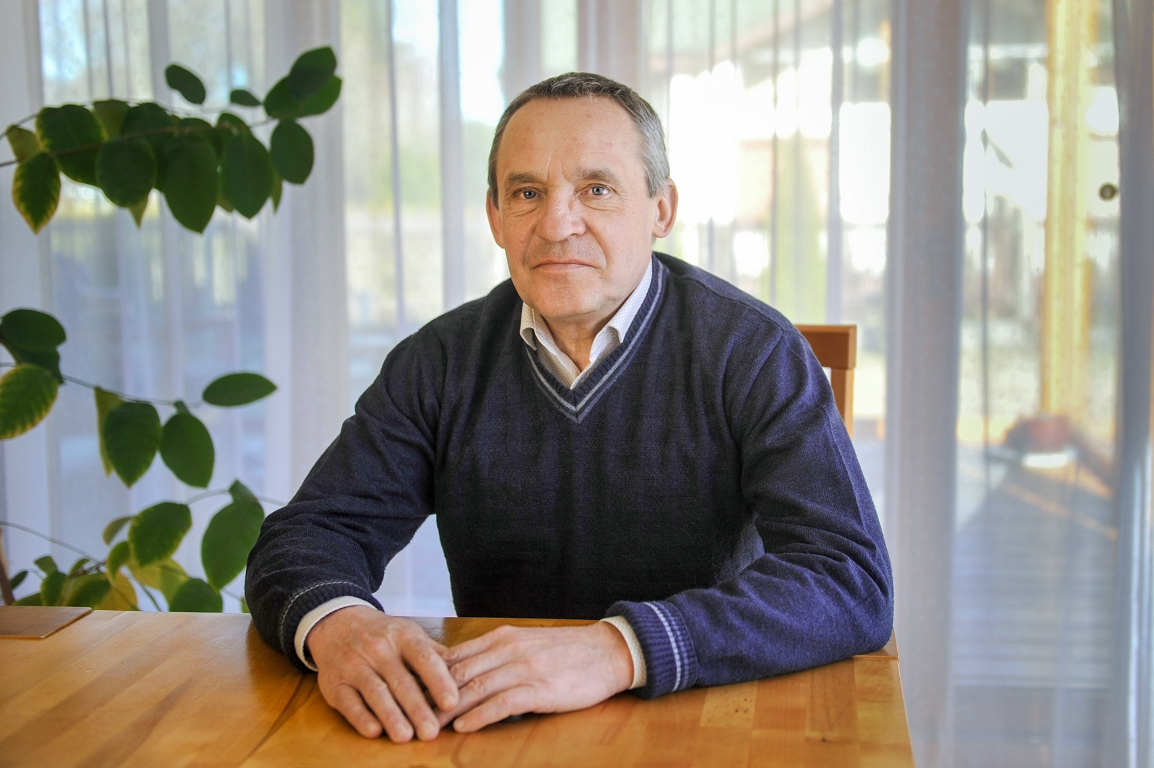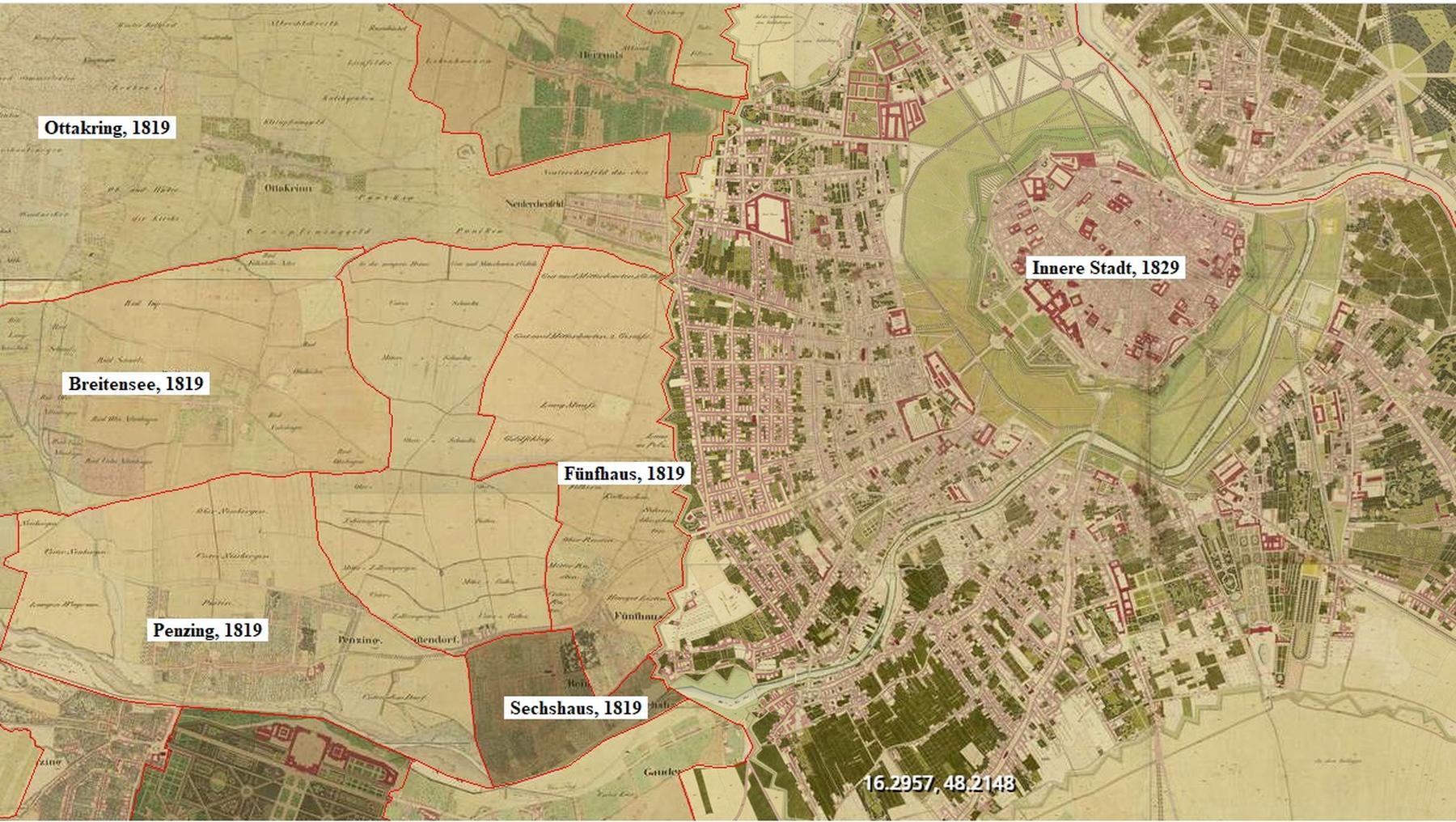Composting in the city / day

In recent years, more and more municipalities, including Riga, are updating organic waste sorting and recycling. In cities where apartment buildings are traditionally dominated and there are limited outdoor opportunities, composting initially seems uncomfortable or even impossible. However, as technology develops and the public awareness of the circular economy, the city dwellers also have access to various solutions, both in yards and even in kitchens.
Sorting of biodegradable waste – a law requirement
In accordance with Cabinet Regulation No. 877 On the waste collection requirements for all municipalities, including Riga, by January 1, 2023, the shared collection of biological waste had to be ensured. This means that apartment owners and households have the opportunity (and from 2024 also duty) to sort food waste, rather than sending them together with household waste to the landfill.
According to the information provided by the Riga City Council Housing and Environment Department, the capital is currently available in the yards of apartment buildings in the capital, and their numbers are gradually increasing. By 2030, Latvia must be recycled at least 60% of municipal waste – this is not possible without the separation of biological waste.
Composting – step further
In nature, the degradation or degradation of the body serves as a nutrient for other organisms. Although the transfer of biological waste into containers is important, composting allows you to convert this material into a useful resource – soil fertilizer. In Riga, composting options are dual: collective composting in the yards and individual in the apartment. The RD website also collects information on opportunities for residents to properly and safely compost in the urban environment.
The binding regulations of the Riga City Council on municipal waste management in the city of Riga stipulate that biological waste for natural persons is allowed to be composted in their household (outside living rooms) in the case of life, health, environment, third party property and if it is carried out in the environment.
Courtyard composting is based on a Community initiative. RD invites residents of apartment buildings to build joint compost areas. According to RD’s guidelines for composting in the yards, certain requirements must be met: closed compost boxes with a lid (then rodent access and odor can be avoided), minimum distance from buildings – three meters, as well as visual cleanliness. The contact that monitors the process must also be specified. Several houses have begun pilot projects in different neighborhoods of Riga. As a result, composting is not just a process available to private homeowners, explains Anita Rubene, head of the RD Waste Management Supervision Department. Not only do we reduce the amount of waste to be stored in landfill, but we also create a valuable resource – fertilizer to use both houseplants and small gardens, and, if not to put ourselves, we can give it to someone who needs.
Earthworms and right bacteria
Two main methods are available for apartment dwellers without access to the yard: vermic compost and bokash.
Vermicomposting is a method in which waste is recycled by earthworms, explains Zane Koptāle, Environmental Management Engineer, Expert of Waste Reduction and Composting. Zane learned about environmental education by living in France for several years. There she was involved in community compost projects. Zane returned to Latvia in 2019. She now works in the NGO sector, consults and trains communities, runs master classes on composting.
This method is suitable for even small kitchens – all you need is a special box that can be purchased or made on your own. The main thing is that it has several floors. It is important to maintain optimal moisture and feed the earthworms with suitable foods – vegetable peel, coffee grounds, rather than heat -treated dishes. Earth needs a stable environment – they cannot be kept in direct sunlight or in places where the temperature exceeds +30 degrees or falls below +5 degrees. The earthworm box must also be well ventilated. Convenient when it is possible to drain excess liquid from the lower floor, which is also useful as a fertilizer.
Maintaining the environment well, the earthworms not only work but also multiply. One pair of earthworms can create a whole colony within a few months, which makes food processing even more effective. This means that over time the compost box will become even more productive – there will be more compost and less waste. For vermicomposting, red california earthworms are commonly used, which are processed by food residues in a dark, fragrant humus. However, our own earthworms, which can be found in the soil or in an existing compost, are also useful. There is no need for large investments to get started – earthworms can be purchased or obtained from other compostators in green lifestyle enthusiasts.
Bokashi, in turn, is anaerobic (oxygen) fermentation, which requires a sealing bucket and the so -called EM bacteria, or effective microorganisms. This process is very suitable for apartments, as odors are minimal and organic waste can be accumulated for up to several weeks.
The end product can be placed in a layer of land in flowerpots or community beds.
Composting as part of education
A great example of how to introduce composting even in an educational institution in the city center is the kindergarten Crea Kids in Riga. The institution launched vermicomposting as an educational project – in seven branches of Dārziņš, the children themselves collect bark, sort food waste and watch the earthworms. According to Daina Legiņa, the head of the kindergarten, this experience teaches children not only to understand the environment but also to patience and responsibility. «Children weigh food waste to find out how much left. We are an international part of a kindergarten network, and children weigh food residues in each branch. We enter the data in the application and evaluate how much we throw and how to organize the menu to make the food waste as little as possible, »says Daina’s foot.
Composting in the city is no longer exotic. It is part of a sustainable lifestyle and responsible resource management that is available to everyone.
The key is to start!
● 1. Evaluate the circumstances – if the house has a yard, composting is also possible collectively.
● 2. Consider the most appropriate method – vermicomposting, bokas or the use of biological containers.
● 3. Involve family or neighbors – Collective responsibility motivates to follow cleanliness and order.
● 4th Education – Several environmental NGOs offer free seminars and practical classes such as Zero Waste Latvia, etc.
● 5. Contact the municipality – Riga City Council website contains up -to -date information on composting support and waste sorting points: REA.Riga.lv.








